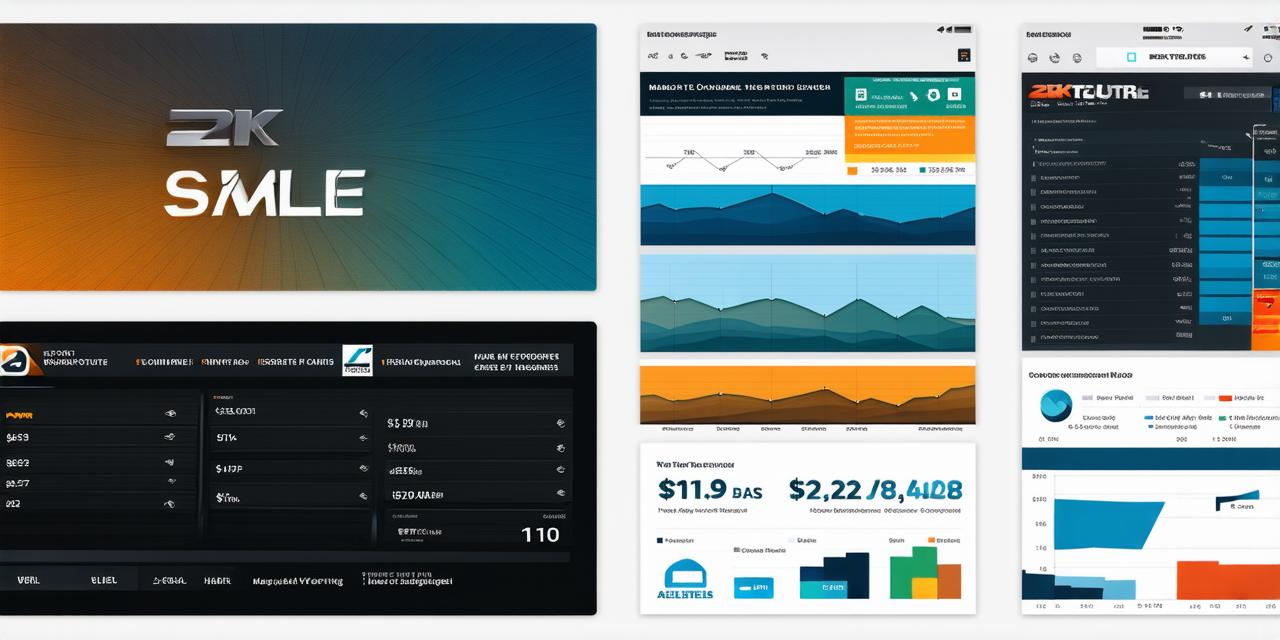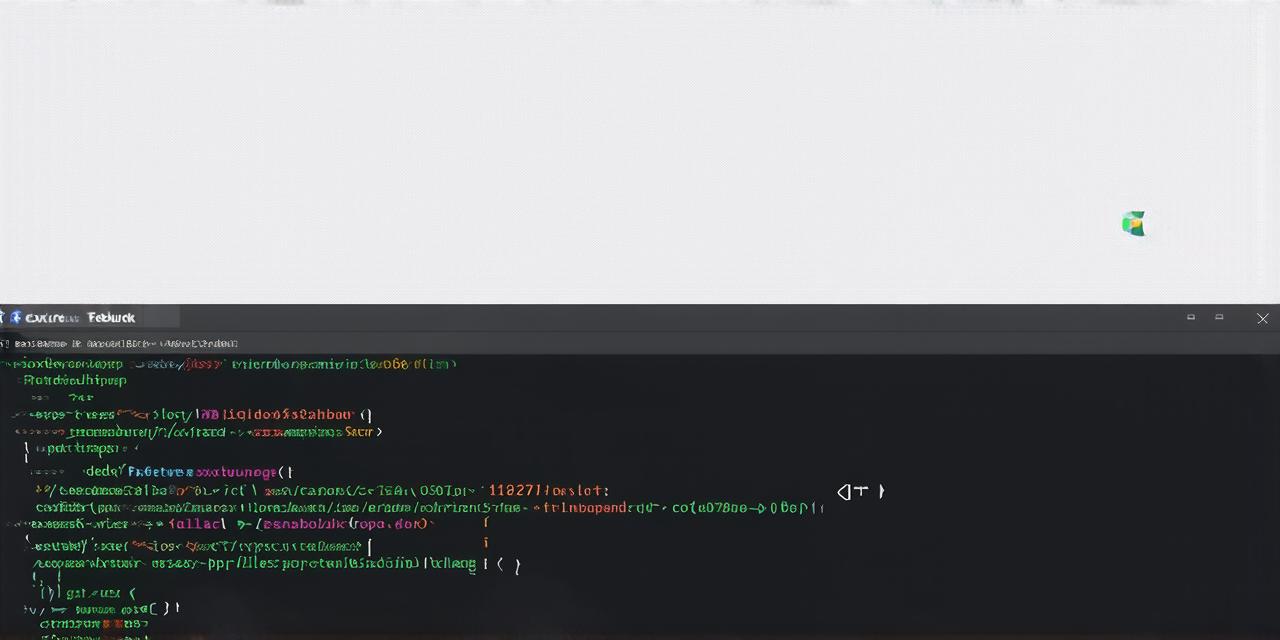1. Hourly Pricing Model
Hourly pricing is the most common model used in app development. Developers charge clients based on the number of hours worked, typically measured in increments of 20-40 hours. This model is straightforward and transparent, providing a clear understanding of the costs involved.
However, it can be difficult to accurately estimate the time required for a project, leading to unexpected expenses and dissatisfied clients.
For example: Let’s say a client wants an app developed for their business. The developer estimates that the project will take 160 hours, but as the project progresses, they discover that it requires more work than initially expected.
This could result in additional costs to the client and a negative impact on the relationship between the two parties.
2. Fixed Pricing Model
Fixed pricing is an alternative to hourly pricing, where developers provide clients with a fixed price for the entire project, regardless of the time required for development.
This model can be beneficial for both the developer and the client as it eliminates the uncertainty associated with hourly pricing. It also encourages efficient work as the developer strives to deliver the project within the set budget.
3. Value-Based Pricing Model
Value-based pricing is based on the value that the app brings to the client’s business, rather than the time or resources required for development.
This model is ideal for clients who are willing to invest in an app that will provide a significant return on investment (ROI). However, it can be challenging to determine the true value of an app, and this model may not be suitable for all clients.
4. Platform-Based Pricing Model

Platform-based pricing is a pricing model where developers charge clients based on the platform they choose for their app development.
This model can be beneficial for clients as it eliminates the need to negotiate prices with multiple developers for the same project. However, it can also be limited by the availability and cost of different platforms.
5. Flat Fee Pricing Model
Flat fee pricing is a pricing model where developers charge clients a fixed price for app development, regardless of the project’s complexity or resources required.
This model can be beneficial for clients as it provides them with a clear understanding of the costs involved and eliminates the need for ongoing negotiations. However, it may not be suitable for all projects, as some may require additional resources beyond what is included in the flat fee.
FAQs
1. How much should I charge for an app development project?
The cost of app development can vary depending on several factors, such as the complexity of the project, the platform, and the team’s experience. It is recommended to use a pricing model that aligns with your client’s needs and budget.
2. What are some common pricing models used in app development?
Hourly pricing, fixed pricing, value-based pricing, platform-based pricing, and flat fee pricing are common pricing models used in app development. Each model has its advantages and disadvantages, and the choice of model will depend on the client’s needs and budget.
3. How do I determine the true value of an app?
Determining the true value of an app can be challenging, but it is essential for a value-based pricing model. The app’s potential return on investment (ROI) should be assessed based on factors such as expected revenue, cost savings, and increased customer engagement.
4. What are some factors that affect the cost of app development?
The complexity of the project, the platform, the team’s experience, and the resources required for development are some factors that affect the cost of app development. It is important to consider these factors when determining an appropriate pricing model.
5. How can I provide clients with a clear understanding of the costs involved in app development?
Using a transparent pricing model, such as hourly or fixed pricing, can provide clients with a clear understanding of the costs involved in app development. It is also important to communicate clearly with clients about any additional resources or expertise required for the project and their associated costs.
Conclusion
<p>In conclusion, determining an appropriate fee for app development services can be challenging, but it is essential for both businesses and individual developers. By understanding the different pricing models used in app development, you can make an informed decision that aligns with your client's needs and budget. Remember to consider factors such as the complexity of the project, the platform, and the team's experience when determining a pricing model. With the right approach, you can provide high-quality app development services at a fair price and build long-lasting relationships with your clients.</p>


